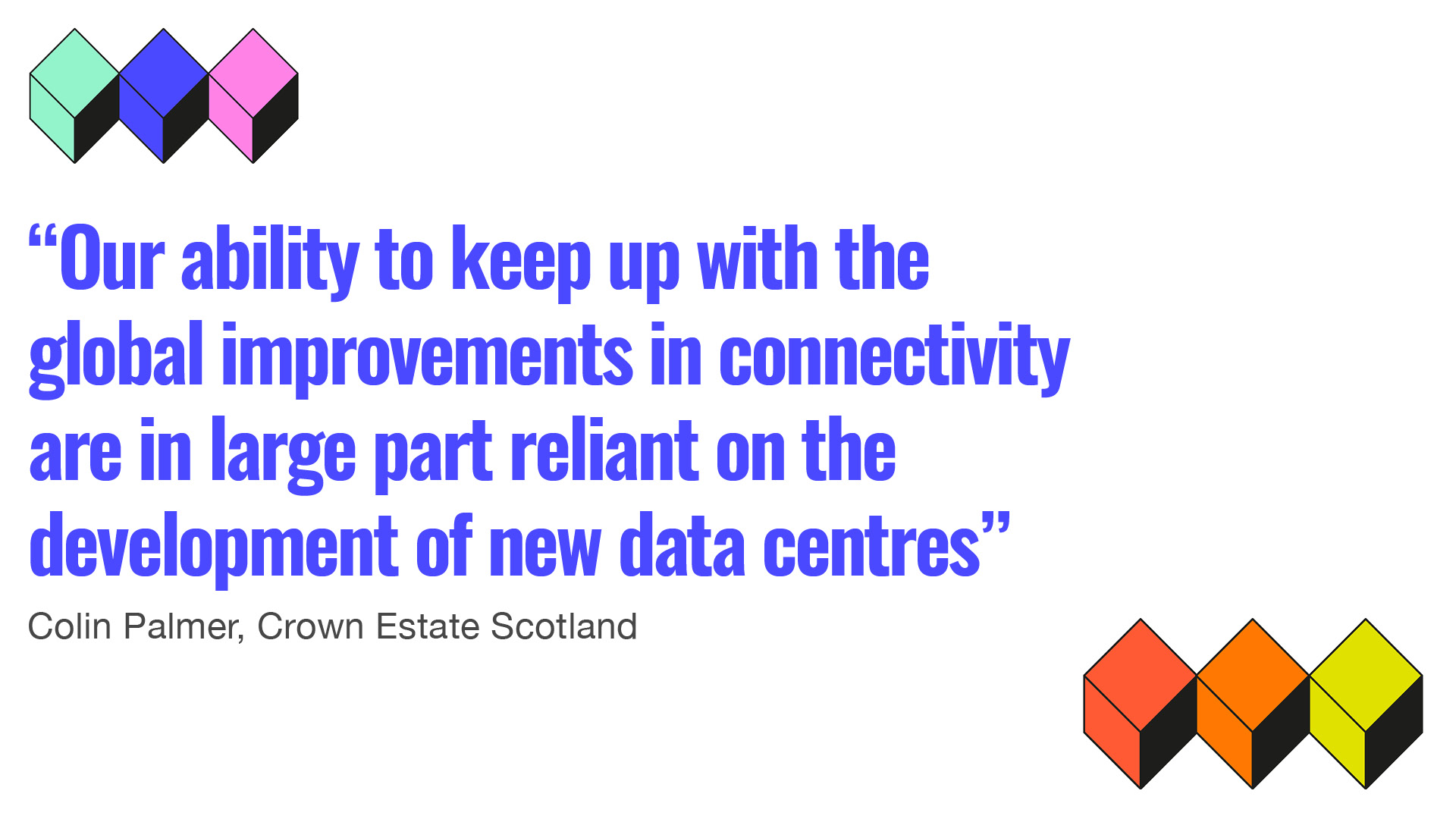
The phrase ‘levelling up’ has become a popular term in the UK for politicians and government organisations to signal they are tackling regional disparities. Those disparities could be in employment, housing, transport or even broadband speed.
In the UK for example, the Queen’s Speech in May described how the government would “level up opportunities across all parts of the United Kingdom”. To iron out the disparities in employment, income, health and education, chancellor Rishi Sunak announced applications would be sought for a £4.8bn Levelling Up Fund for infrastructure in town centres.
Data centres also have their role to play in altering the status quo and helping regenerate towns and cities in areas that feel like they have been left behind by the economy, such as former industrial regions or coastal towns that used to rely on tourism.
Scotland, for instance, is making a strong bid as an attractive location for data centres because of the scale, space and infrastructure it can offer. A report recently released by data centre initiative Host in Scotland points to a shortlist of a dozen sites with high potential, from Fort William Hydro Site to Michelin Scotland Innovation Park in Dundee.
Host Scotland points to four inter-dependent pillars of Scotland’s viability as a place to build data centres. These include the development of the green data centre market and the low cost of renewable energy in the country. Colin Palmer, director of marine for Crown Estate Scotland, says: “Our ability to keep up with the global improvements in connectivity are in large part reliant on the development of new data centres and on the development of sub-sea cables that those data centres will require, both of which Scotland is well placed to host.”
Across the border in England, the Newcastle Gateshead Initiative’s Software and IT Sector review points to a ‘niche market developing in the north-east of the country for data centres’ with Stellium Data Centres, which owns and operates a purpose-built data centre campus in Newcastle. The city is also the UK’s landing point for the new North Sea Connect cable and home to a new carrier-neutral Internet Exchange point, connecting Newcastle to data from sub-sea, international and regional networks.
Developing skills, particularly among young people is another crucial part of the levelling up agenda. Callum Faulds MRICS, director with cost consultants Linesight says: “Both Manchester and Berkshire have also developed as technology hubs and are attractive locations for data centre providers. Access to Manchester University – which is among the UK’s top universities – is key for talent recruitment.”

Over on the Channel Islands (a group of British dependency islands off the coast of France), Guernsey has some interesting parallels to the UK in terms of its economic development. “Data centres will play an important role in Guernsey’s recovery from of COVID-19,” says Richard Hanrahan, director of customer services with digital technology specialists Agilisys. “Digital infrastructure and connectivity have been recognised by the island’s government as ‘essential bedrocks’ for Guernsey’s competitive offer as a great place to do business, keeping our remote workers connected and supporting the digital economy.” Agilisys worked with Dell and local businesses to complete two new data centres on Guernsey last year.
In Newport, Wales, permission has been granted for a two-storey data centre run by a UK subsidiary of North American operator Vantage. And Czech energy firm EPH is looking into the prospect of a data centre at the site of Northern Ireland’s last coal-fired power station in Kilroot.
Across the UK there are lots of examples of levelling up in action, with investment going beyond London and the south-east. However, it all comes down to government policy resulting in action, and conditions being right for commercial investment. Faulds adds: “The reality is that unless there is excellent infrastructure, connectivity and proximity to businesses and talent, it is unlikely that data centres will be built outside of the current hubs.”
Don’t miss a single Modus article – sign up for the newsletter.

%20Peter%20Judson.png)
